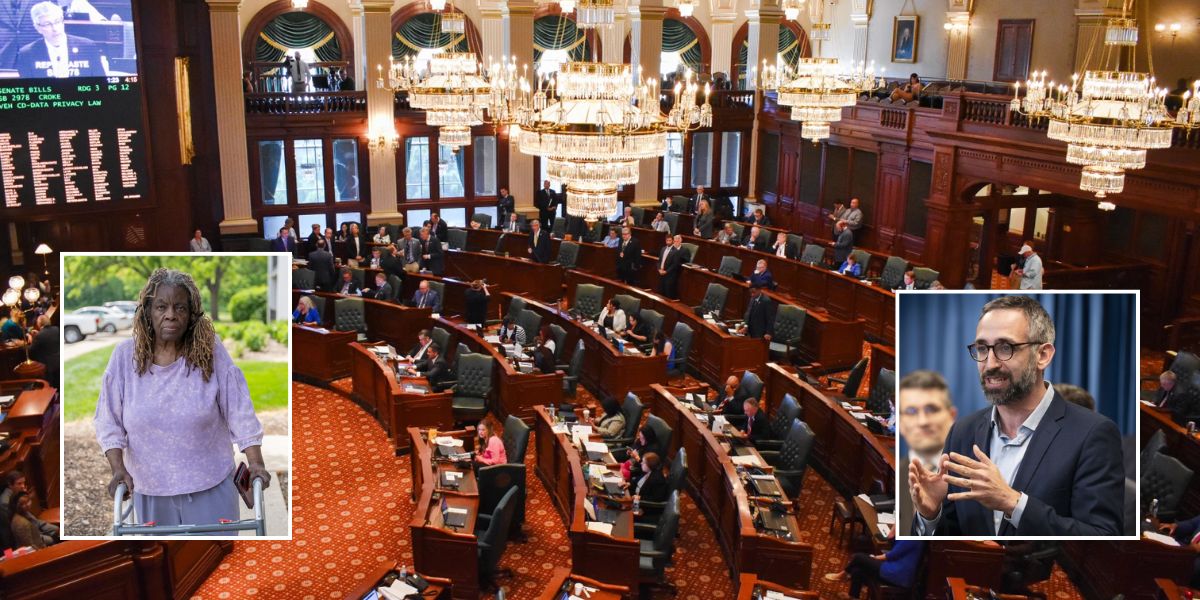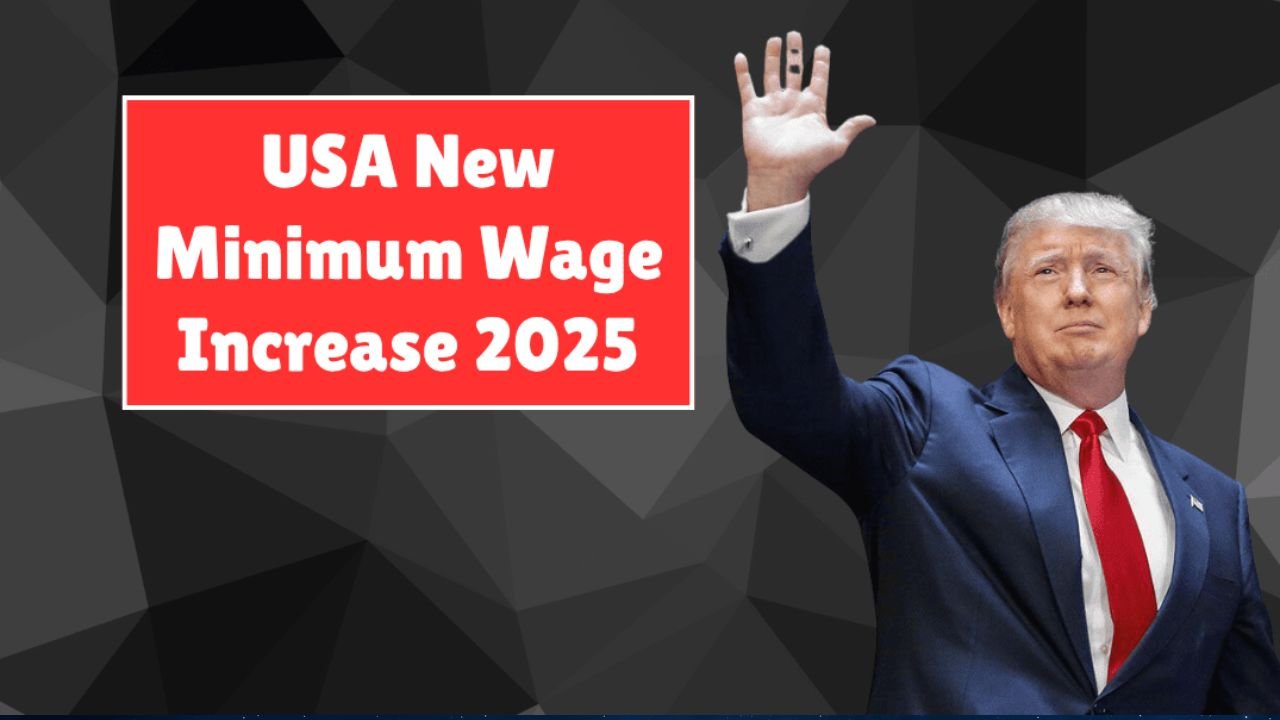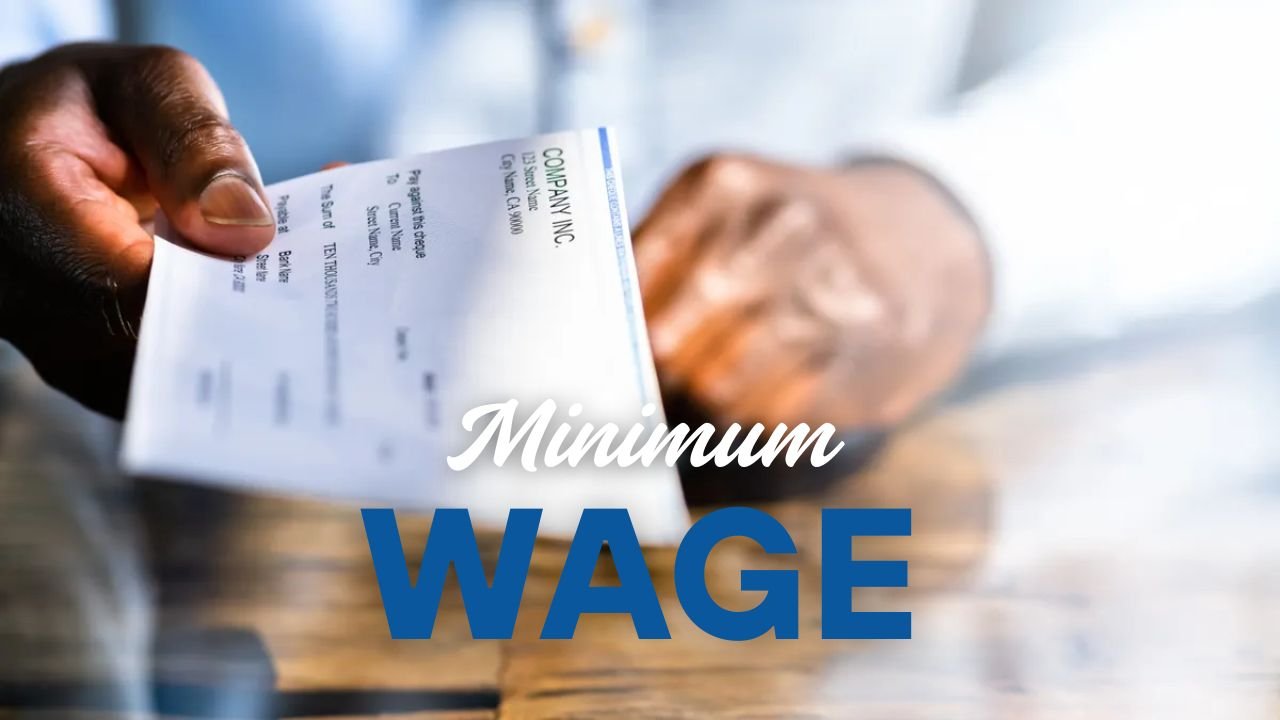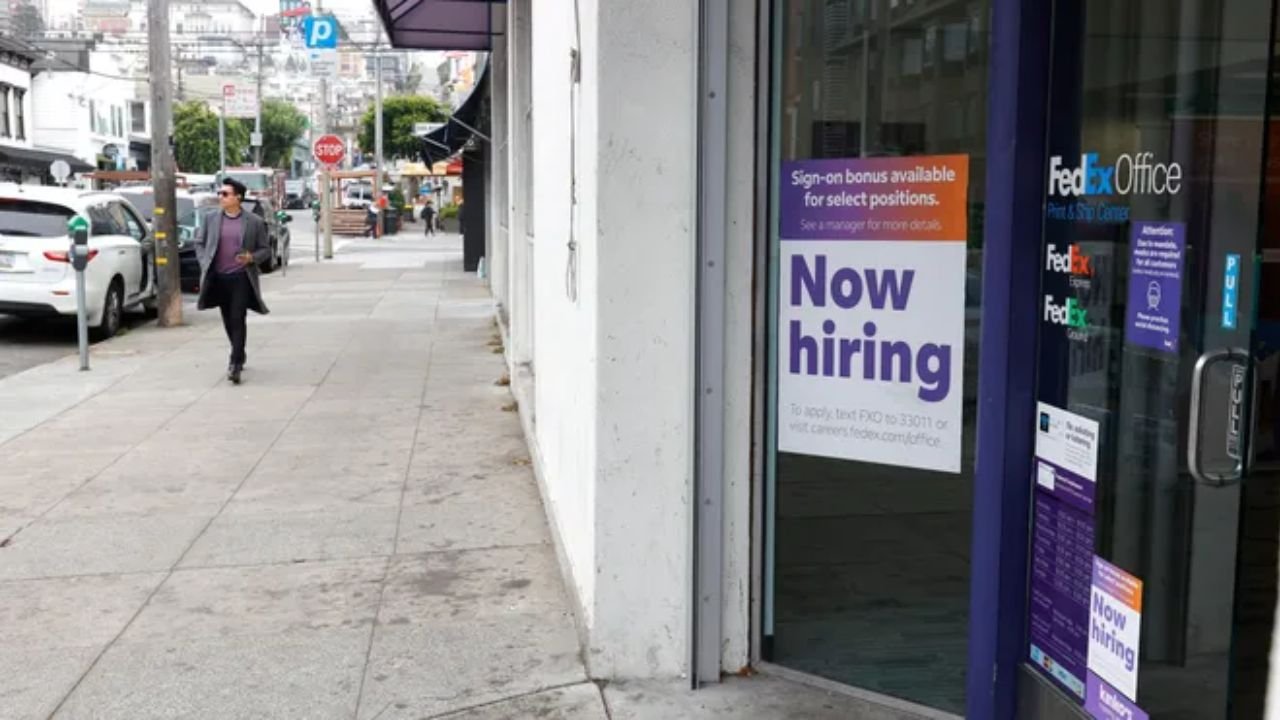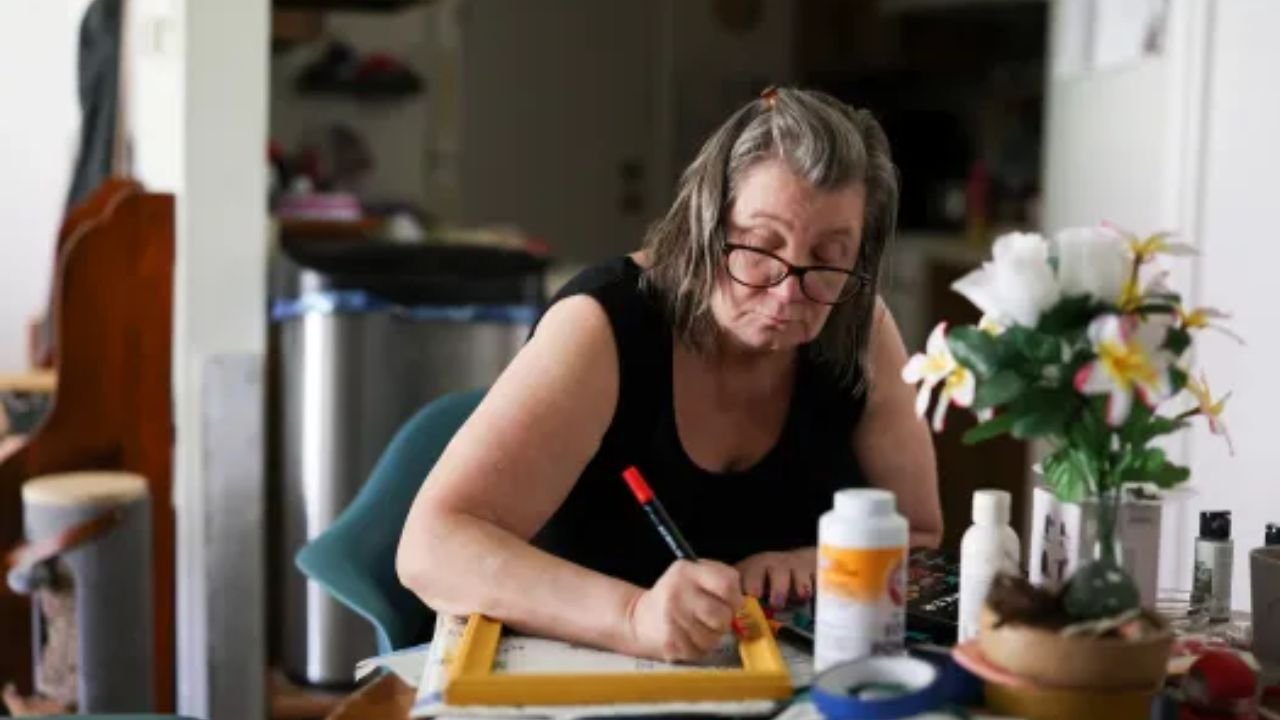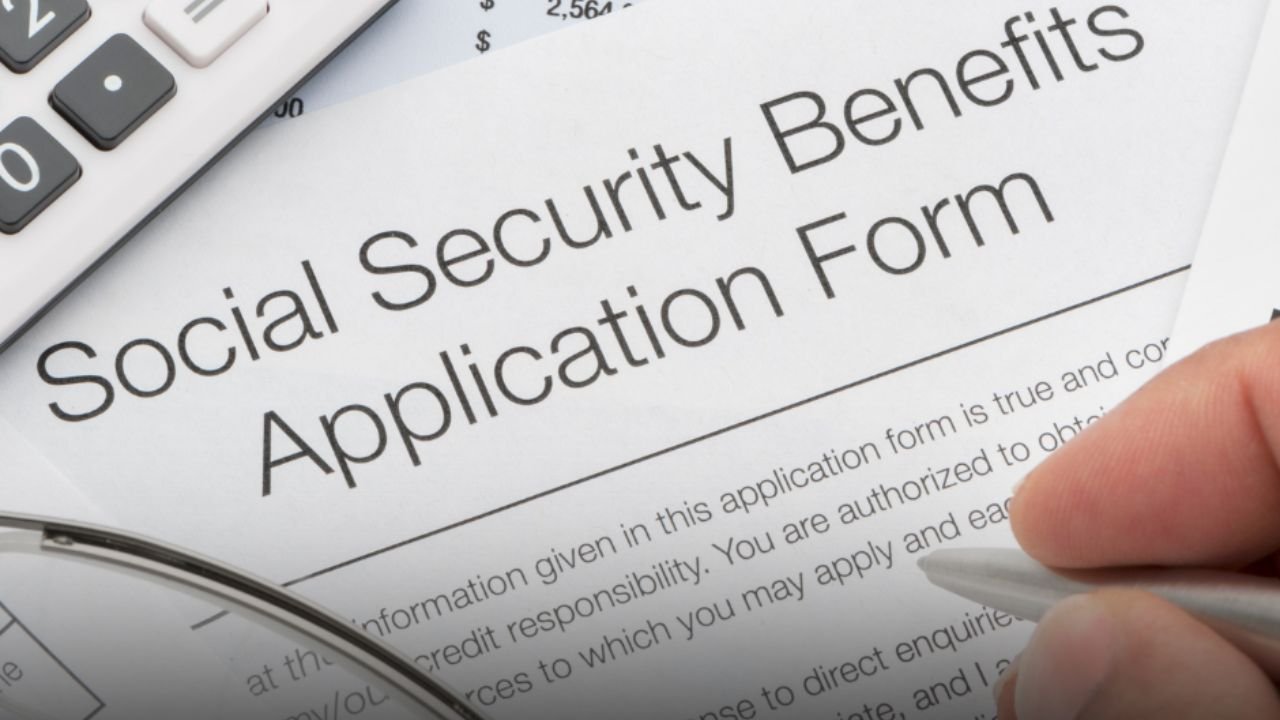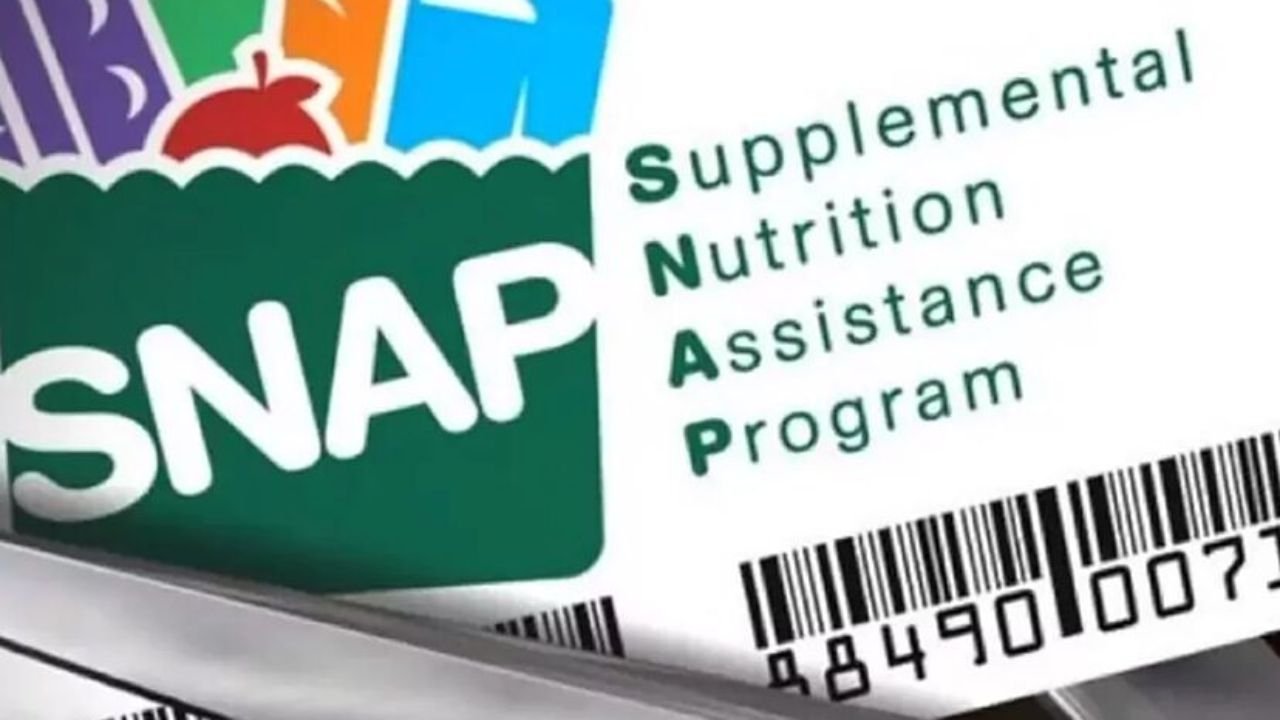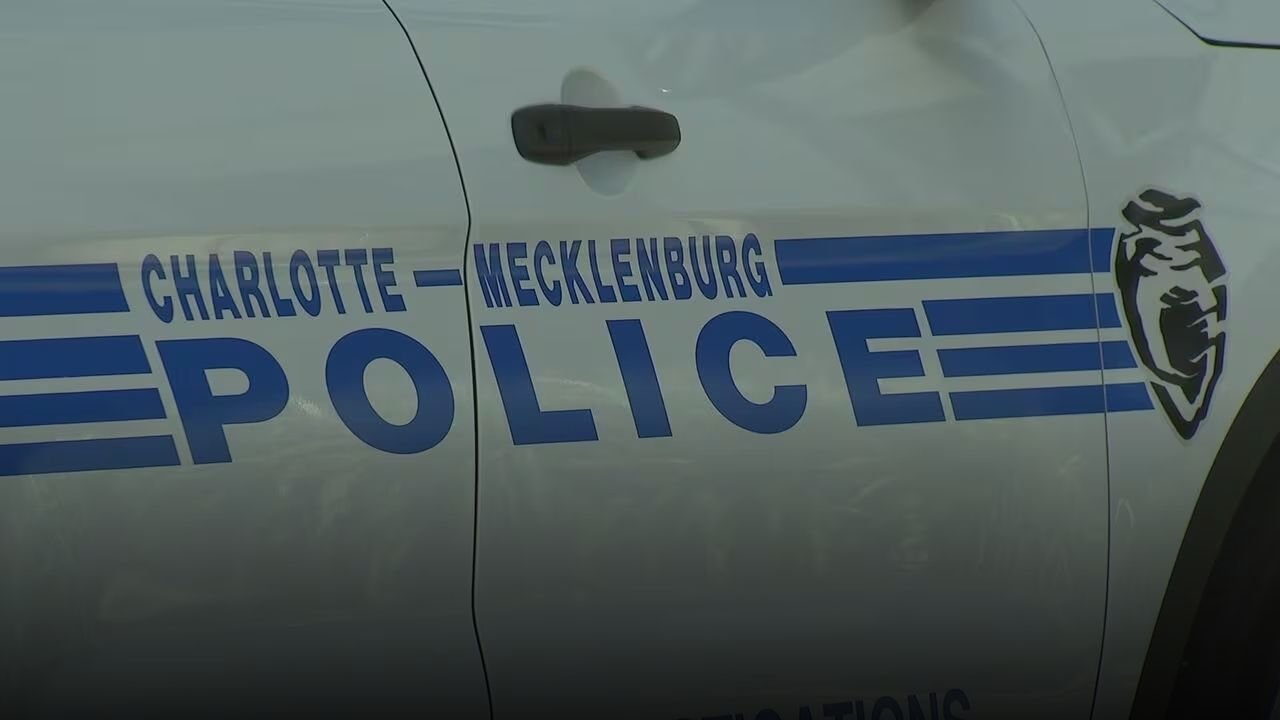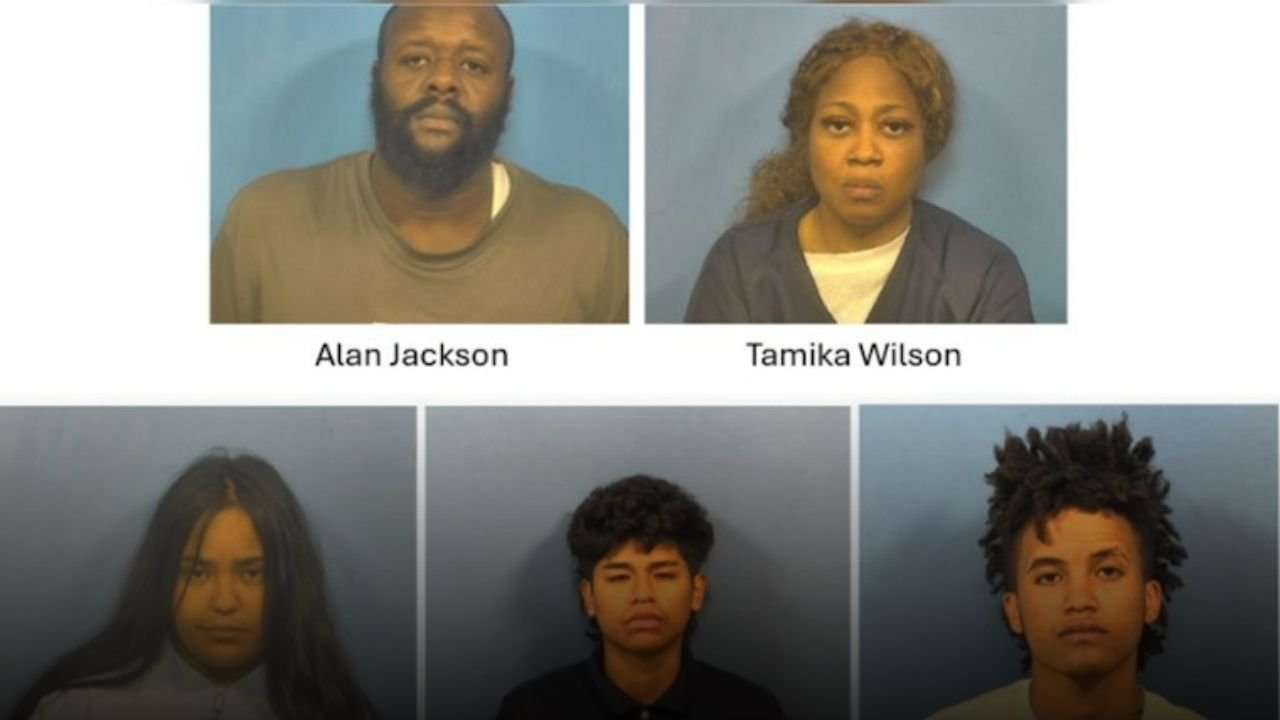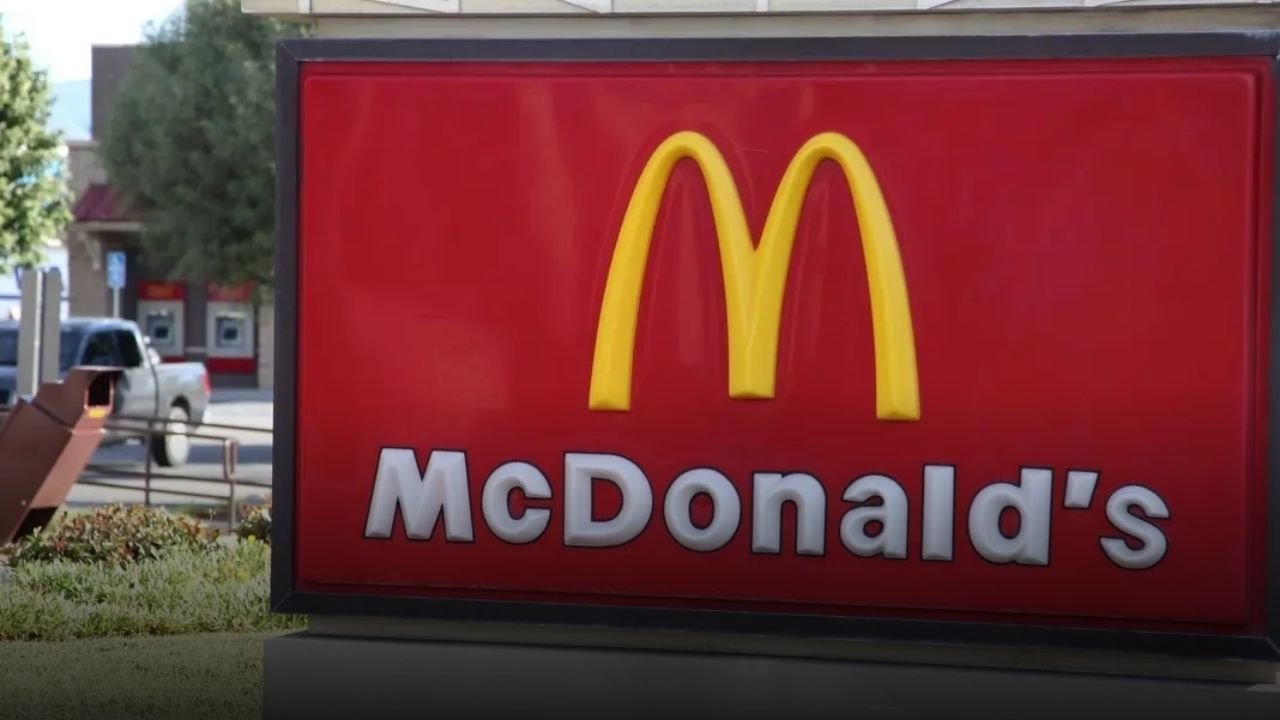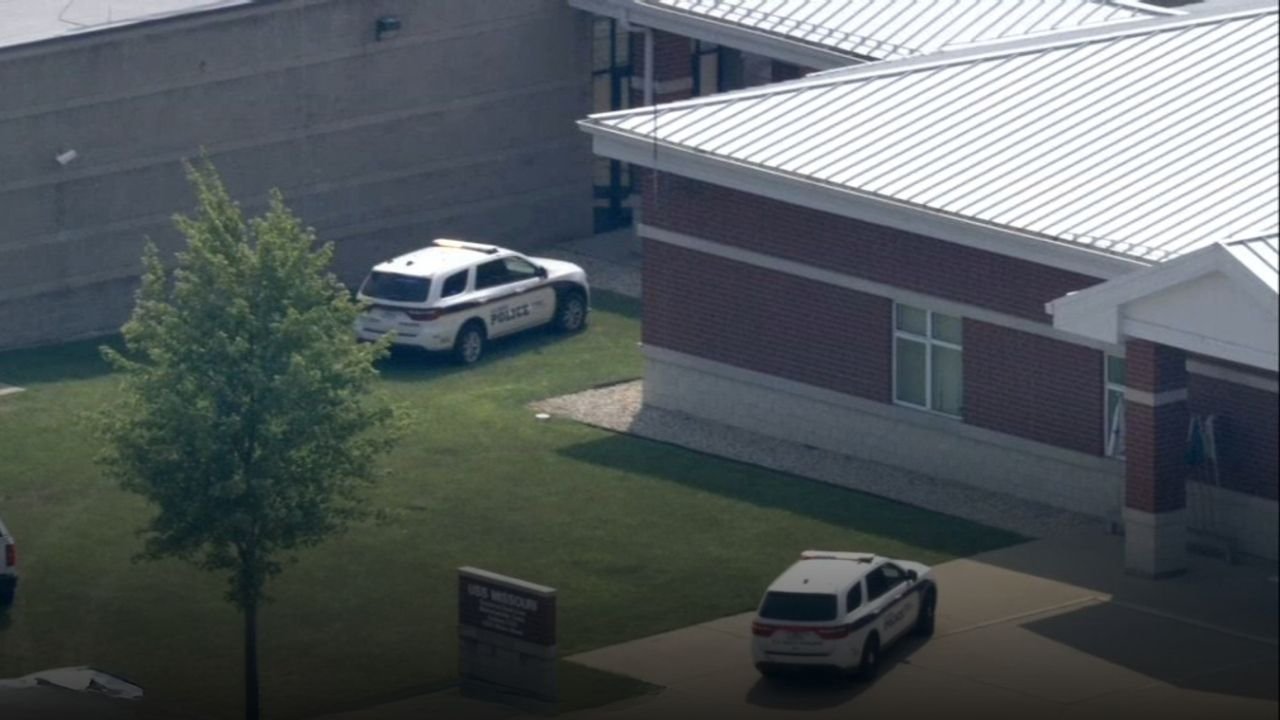ILLINOIS — Despite growing pressure from advocates, legal experts, and recent Supreme Court precedent, Illinois lawmakers have once again postponed major reforms to the state’s property tax foreclosure system, leaving thousands of vulnerable homeowners exposed to losing not only their homes but all of their equity.
With the legislative session ending and focus shifted to passing the state budget, reform proposals were shelved, though legislators promised to revisit the issue later this year. In the meantime, Cook County will delay its 2025 tax sale, a move aimed at giving more time to address ongoing inequities in the system.
Illinois Out of Step with Supreme Court Ruling
Illinois remains the only state in the U.S. where homeowners can lose 100% of their equity when their homes are foreclosed due to unpaid property taxes — a practice the U.S. Supreme Court ruled unconstitutional in 2023. The ruling mandates that any surplus proceeds from a tax foreclosure sale must be returned to the homeowner. Illinois law does not currently provide this protection.
As a result, homeowners across the state — particularly in majority-Black neighborhoods in Cook County — continue to lose homes over relatively small debts.
Over 1,000 homes have been taken through tax foreclosures since 2019, according to a joint investigation by Injustice Watch and the Investigative Project on Race and Equity. These properties had a collective market value of $108 million, while the total tax debt owed was only $2.3 million.
How the Current System Works — And Who Profits
Under Illinois’ current system, when a homeowner fails to pay property taxes, private tax buyers can pay the taxes at auction. If the homeowner doesn’t repay that amount plus interest in time, the tax buyer can take ownership of the property outright.
This process often results in homeowners losing all of their accrued equity, even if the taxes owed represent just a fraction of the property’s value.
In many cases, tax buyers flip the homes for substantial profit, all while the original owners walk away with nothing.
Legislative Proposals Fall Short
This year’s proposed reforms — backed by State Rep. Will Guzzardi (D-Chicago) — would have required tax-foreclosed homes to be sold at public auction, with any excess proceeds returned to the homeowner. But the bill failed to pass in time.
“I’m frustrated that we weren’t able to resolve this problem this legislative session, but we made a lot of headway,” Guzzardi said.
Lawmakers did manage to pass a temporary measure that will:
-
Pause interest charges on delinquent property taxes beginning in September.
-
Allow Cook County Treasurer Maria Pappas to postpone this year’s tax sale, which was originally set to include over 12,000 homes, including nearly 3,000 owned by seniors.
Treasurer Pappas Plans to Push Again
Treasurer Maria Pappas has expressed support for meaningful reform and indicated her office will press lawmakers again during the fall veto session. However, she declined to provide specific legislative details at this time.
Homeowner advocates continue to push for:
-
More time to pay delinquent taxes.
-
Installment payment options.
-
Removal of private investors from the foreclosure process altogether.
“It boggles the mind that the state legislature would just keep kicking the can down the road, and you have a crisis on your hands,” said Rita Jefferson, an analyst with the Institute on Taxation and Economic Policy.
Equity Crisis Hits Black Homeowners Hardest
The consequences of delay are disproportionately borne by Black homeowners, many of whom live in historically under-resourced areas already grappling with rising housing insecurity.
Hundreds more are currently in the final stages of tax foreclosure, according to court records, and could lose everything under the existing system.
Have you or someone you know been affected by Illinois’ property tax foreclosure system? Should the state move faster on reforms? Share your thoughts in the comments below on ChicagoSuburbanFamily.com.

